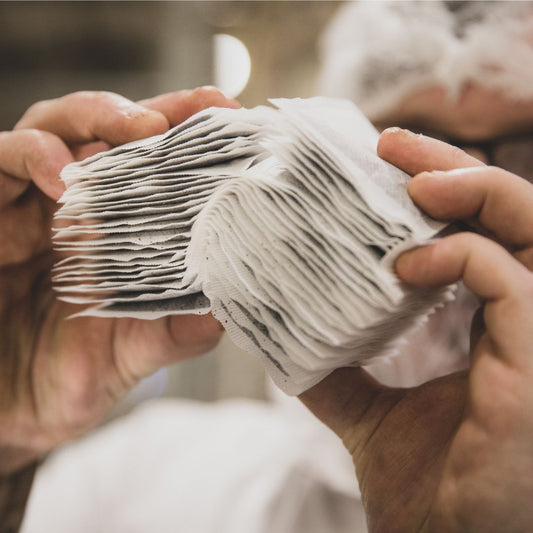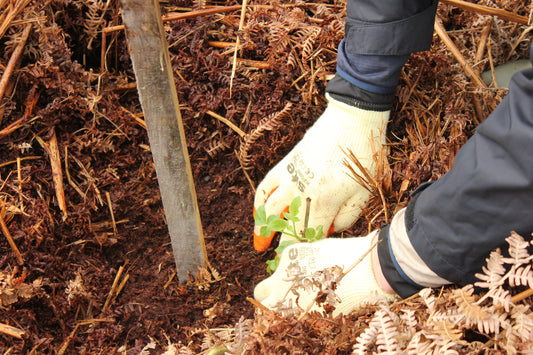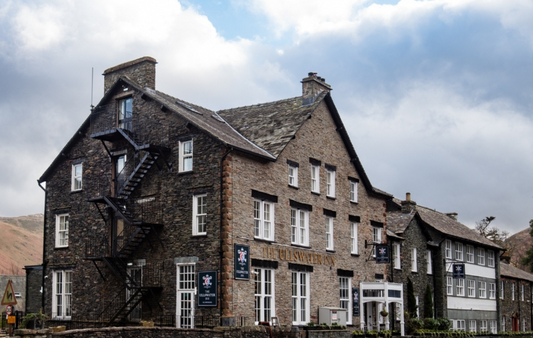News

Match your Mood
Did you know just under half of the nation (47%) enjoy a fruit & herbal cuppa?* Unlike Black and Green teas created from the leaves of the Camellia Sinensis plant,...
Match your Mood
Did you know just under half of the nation (47%) enjoy a fruit & herbal cuppa?* Unlike Black and Green teas created from the leaves of the Camellia Sinensis plant,...

Let's get Technical
It's in the bag.... You might have read about our journey to a more sustainable tea bag over the past few years, well here's a little backstory. Traditionally, everyone in the...
Let's get Technical
It's in the bag.... You might have read about our journey to a more sustainable tea bag over the past few years, well here's a little backstory. Traditionally, everyone in the...

Springtime Recipe - Lemon Daisy Tartlets
With the milder weather here at long last, now is the ideal time to spend some time in the garden and get some jobs done ready for summer. But once done,...
Springtime Recipe - Lemon Daisy Tartlets
With the milder weather here at long last, now is the ideal time to spend some time in the garden and get some jobs done ready for summer. But once done,...

Have a Cuppa with Jake
Meet Jake! Jake is one of our master tea tasters who has been part of the Ringtons family for six years now. It’s fair to say he’s tea obsessed. Over...
Have a Cuppa with Jake
Meet Jake! Jake is one of our master tea tasters who has been part of the Ringtons family for six years now. It’s fair to say he’s tea obsessed. Over...

Supporting our Communities, A Year in Review
Our commitment to support the communities we serve is underpinned by various projects and fundraising across our three charitable trusts that support community and environmental projects here in the North...
Supporting our Communities, A Year in Review
Our commitment to support the communities we serve is underpinned by various projects and fundraising across our three charitable trusts that support community and environmental projects here in the North...

Ringtons Recommends - Top 5 Destinations with T...
Offering a home away from home, the Inn Collection Group has over 30 properties waiting to be discovered! Whether you’re looking to head to the seaside or countryside, we’ve got...
Ringtons Recommends - Top 5 Destinations with The Inn Collection
Offering a home away from home, the Inn Collection Group has over 30 properties waiting to be discovered! Whether you’re looking to head to the seaside or countryside, we’ve got...